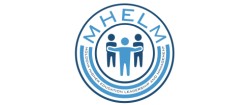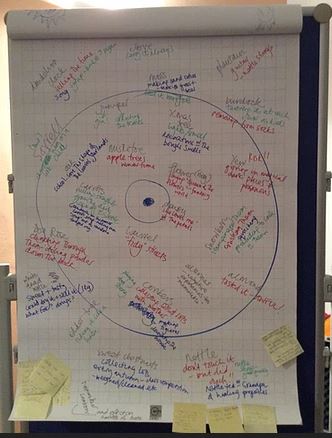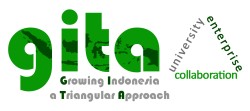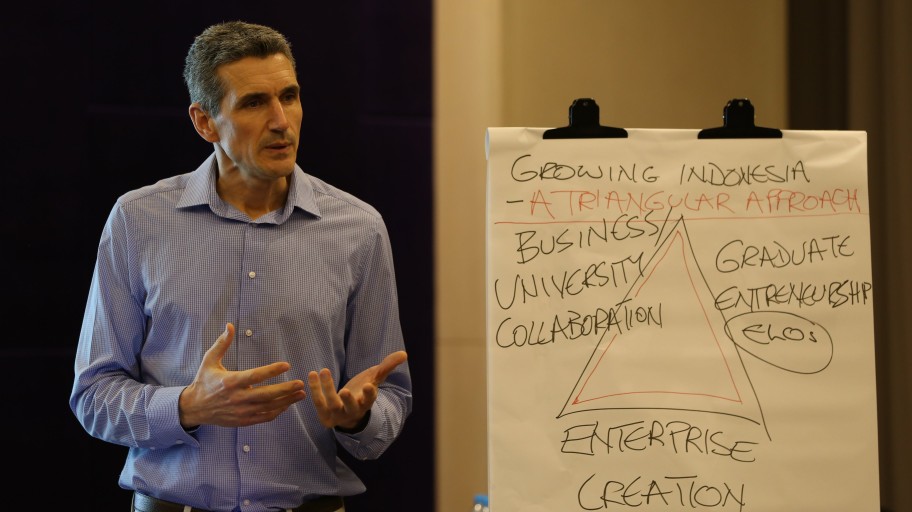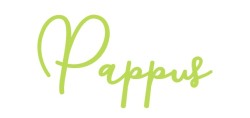
SCVis – European Fashion Retail Supply Chain Visibility Training
The goal of the SCVis Project was to create knowledge to support a successfully functioning transnational European-based fashion supply chain by improving the visibility amongst supply chain members. The project incorporated how training should be offered to different members of the same international supply chain by consideration of the different cultural and economic contexts across the EU. SCVis aimed to create a high quality vocational education and training (VET) fashion supply chain visibility resource for the benefit of those engaged in the fashion sector in Europe.
SCVis objectives:
- SCVis dataset
- a web-based digital tool
- SCVis training material
- resources beyond the lifetime of the project that will be translated into English, French, Italian and Greek languages
GESOB conducts an external evaluation of SCVis throughout the duration of the project. The evaluation report is based on personal interviews, questionnaires, an assessment of activities and communication, and participation in a project meeting. The following aspects of the project were evaluated:
- assessment of the project results and achievement of objectives (indicators).
- perspective of the project partners on the work process
- events and public relations
- strengths and weaknesses of the project work
- possibilities for improvement
Project duration
November 2017 – Oktober 2019
Web
Homepage: www.scvis.eu
Tool: tech100.markup.gr
Project Partners
University of Gloucestershire (Great Britain)
Technical University Dublin (Ireland)
MIP Politecnico di Milano – Graduate School of Business (Italy)
Alexander Technological Educational Institute of Thessaloniki (Greece)
ESSCA School of Management (France)
Funding

This project has been funded with support from the European Commission. This communication reflects the views only of the author, and the Commission cannot be held responsible for any use which may be made of the information contained therein.


